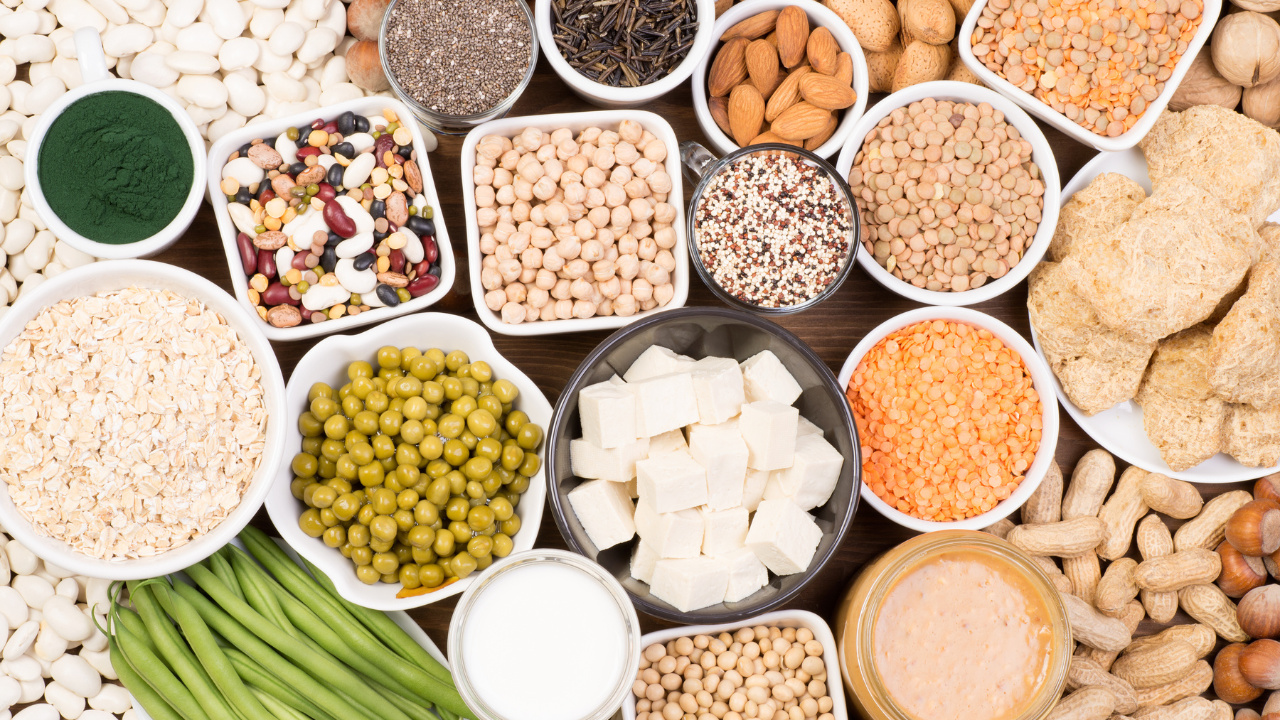What you need to know about dietary protein

Dietary protein is important for many reasons: it supports muscle, hormone and skin health, it supports the body in cell repair and renewal, and it can support you in managing your diet by promoting feelings of fullness and satisfaction. Here’s what you need to know about how to get the most from this important macro nutrient.
Protein is made up of a range of amino acids. There are 22 different types of amino acids, some can be made in your body, but 9 of them need to be obtained from food. Because of this, those 9 are known as the essential amino acids. A food that contains all 9 essential amino acids is known as a complete protein.
- Meat, fish and eggs are complete proteins
- Some plant proteins are complete, others are not.
How digestible is the protein?
Another thing to consider is how easy it is for your body to absorb the nutrients available from protein rich foods – AKA bioavailbility. The protein in animal sources, including dairy and eggs, is highly digestible and easily absorbed. The digestibility and absorption of plant-based proteins on the other hand, is slightly different. Many plants contain substances known as anti-nutrients, these are compounds that affect the absorption of the nutrients available in the food and can reduce protein availability and digestion. Combining foods and using protein supplements like soy protein isolate and pea protein concentrate that have had the anti-nutrients removed is a good way to overcome this if you are vegan or vegetarian.
The importance of food synergy
It’s a good idea to focus on getting a range of protein rich foods in your diet because each food provides a range of different amino acids and nutrients, and many work together to support your well-being.
Some examples of food synergy are: Hemp seeds are high in the amino acid methionine, but are low in the amino acid lysine. Black beans are low in lysine but higher in methionine. Many vitamins are fat-soluble, meaning they are better absorbed when there is also food on the plate that contains a little fat.
Whole foods that provide a source of protein also contain lots of other nutrients. Beans for example are a source of vitamins, fibre, carbohydrate and minerals as well as protein. Nuts contain valuable fats and processed meats like ham also contain saturated fats and sodium.
Enjoying a diverse range of foods will support you in getting the quota of essential amino acids and benefit from a variety of other nutrients.
Find out more about how to manage your diet for energy and health inside The Non-Diet Method.

